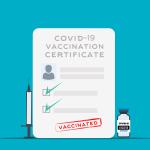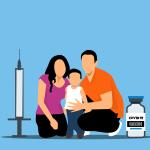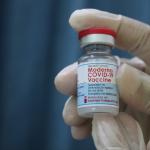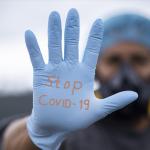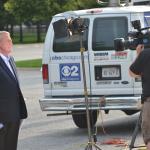One of the reasons that foods are processed is to increase their “shelf-life,” which is another way of saying allowing these foods to travel along our supply chains and be buffered in warehouses so that supply always matches demand.
pandemic
Research going back many years has shown that vaccine mandates tend to backfire. Forcing people to get shots they don't want often exacerbates their skepticism.
California children 12 years and older may soon be allowed to get COVID-19 vaccines without their parents' consent if Senate Bill 866 (SB866
Public health officials have tried desperately to answer this question for the better part of two years: how do you convince the intransigent minority of vaccine-hesitant Americans to roll up their sleeves and get a COVID shot?
People will do a lot of things for money, but getting a COVID vaccine seems to be one of the rare exceptions.
The rapid development of mRNA-based COVID vaccines has sparked fresh interest in earlier efforts to produce new and hopefully more effective flu shots with the same technology.
Hoping to keep their cause alive in the wake of the pandemic, the anti-GMO movement has glommed on to a lab-leak origin story for SARS-CoV-2.
After recognizing SARS-COV-2 as a global threat last spring, the pandemic response quickly devolved into an ideological war.
The American public's trust in US media has cratered in recent years. Just “7% of U.S.
This year’s influenza (“flu”) season, which has already begun in some parts of the country, revs up in November, and last until spring, will be made more ominous than ever by the current high numbers of COVID-19 cases in many parts of the nation.&

